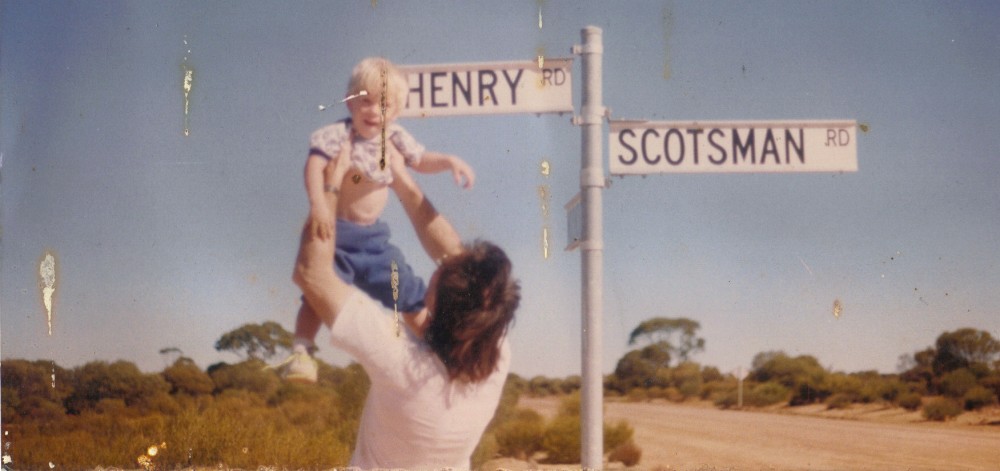No, not the end of the blog. I have hesitated dealing with song endings because of this potential confusion. Any discussion of an end suggests that the discussion is at a finish; the lessons concluded.
Having dealt with the beginnings to songs and a glance at the middle, I like to keep a practical focus and none more practical than the basic structure of a song. You can get involved in the critical aspects and the theoretical constructs as avenues into how songwriting is approached but this is more fundamental.
Songs can end the way most things end – in death, in stillness, in silence, in a last loud clamour. This doesn’t mean that songs share all these features with other creations: a song may have the lifespan of a life or be shorter or more enduring. If we are talking simply about the time it runs then a common housefly has longer traction. But if it’s the time it remains in people’s knowledge or understanding then the nineteenth century song about a blue tail fly has outlasted countless generations of the genus.
Silence and stillness is used to signal the end of a song because it is primarily an audio artform. I find myself having to appreciate that songs that don’t seem remarkable when written up, are so because of how they sound. While comparison between the imperatives of poems in print and performance would be useful, it is not the subject of song endings. Film is quite similar in its use of sound to punctuate the narrative. It is only when we consider how important written/typed media such as books and magazines remain, that the lack of a soundtrack is shown to be inessential to conveying meaning and impressions.
The finality of the full stop draws prose to a close when there are no end credits or musical composition to help.
Songs though, unless you are old-fashioned, don’t share the punctuation of a novel or short story. Or thesis for that matter.
II
I find an effective means of drawing a song to a close is to repeat the subject matter, title or chorus (depending on the approach taken in the song – where the emphasis is placed; you might be talking about all three, that’s common) but perhaps with a definitive variation. I know fading choruses where the single chorus line is repeated ad infinitum are most popular, but I think you can get a greater impact using my suggestion.
I employ this quite often in songs I’ve written. Not consciously but more as a consequence of where the narrative of the song is heading. I think if you’re telling some kind of story in your song then you’ll find a way to end it that feels perfectly natural.
For example, in ‘Face the Music‘ where I’ve been baiting the listener with having to face the music, I finish with that repetition “Yes, it’s time to face the music“. It’s that repetition that removes all doubt. Or in ‘Imaginary Blues‘ when there’s been an intense focus on the narrator’s flights of fancy still mired in frustration and we take him to a place where there’s a “girl on the corner/of nowhere in particular/wants to know what’s taken me so long/she wants to know what’s taken me this long‘.
I’m not the first writer to gain effect from having a stanza that then has one added final line; even with that added effect of it being a variant of the penultimate line. But I very much arrived at it by the dictates of the song.
It’s sometimes salutory to look back at previous drafts, as the end that becomes inevitable is sometimes only so by virtue of the final draft. That is, with earlier verses and attempts, a different ending would suggest itself.
I don’t think you should force the end, any more than you should force any other aspect of the song. It will come as a consequence of the overall song and its requirements. This is not in any wise a bad thing. In fact , it can be the source of immense satisfaction. Maintaining the fidelity of the song’s own aspects will remove any need to bother over how the song ‘should finish’. You’re not here to impart a moral lesson or deliver a lecture, so there’s no need to know where the song is going as you’re writing it. Stay on the subject and it will present itself in all likelihood.
Let’s practice live:
We’re at the end of 2013. Thirteen is known widely for being unlucky. So I figured ‘Unlucky for Some‘ would be promising – you could write about this one year and what happened to people then.
The beauty, as I”ve mentioned, is that you don’t have to worry about whether ’13 is worthy of having its own song or if the subject is broad enough; we’re just practicing.
Unlucky for Some
Some were found begging before it begun
Surviving Mayan’t be all it’s cracked up to be
The call of the calendar is to cull
All ending up as a grinning skull
Four leaf clover consumed
